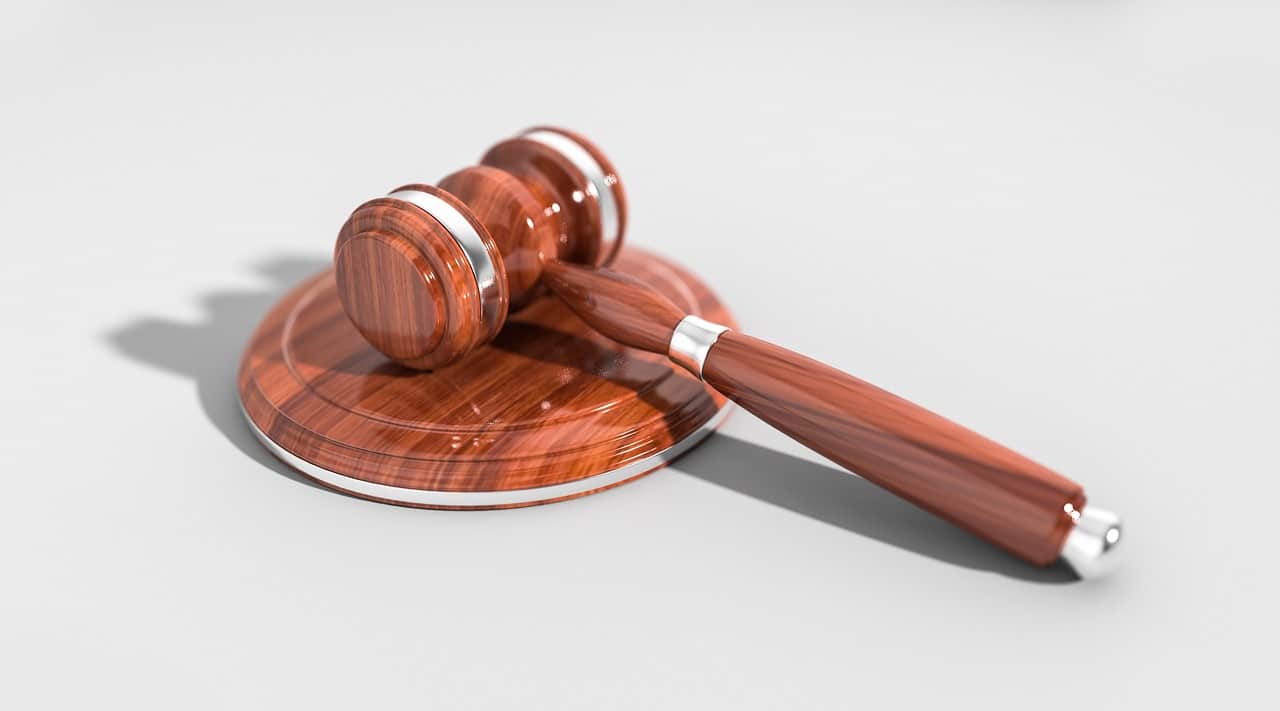
Confiscation is a state power.
Confiscation is the action and effect of confiscating . This verb refers to confiscate (seize something) or to punish with the deprivation of property , which becomes part of the public treasury.
For example: "After the court order, the police proceeded to confiscate the appliances that had entered the country illegally" , "The street vendors resisted the confiscation of their products with sticks and stones" , "The confiscation task gave us allowed more than 2,000 toys made with toxic substances to be removed from the market .
Confiscation according to law
For law , therefore, confiscation - from the Latin confiscatio - is the power of the State to deprive a person (natural or legal) of possessions without any compensation. These assets pass into state hands.
It is possible to distinguish between confiscation (the main penalty that consists of the deprivation of property) and confiscation (the accessory penalty that involves the loss of the effects of a crime and the instruments that allowed the crime to be committed).
The ways in which confiscation is implemented vary depending on the legislation . Typically, some competent authority (such as police forces) is given the power to confiscate illegal goods (drugs, weapons, etc.). In some cases, a judge issues the corresponding order for the police to carry out a search and confiscate what is found.

Whoever does not comply with what was agreed in a mortgage contract may suffer the confiscation of the property.
Private mortgage contract
The private mortgage contract is an option for those people who do not qualify for traditional loans, in this case the deed of the property remains in the hands of the seller, while the buyer makes monthly payments until the full price established in the contract is covered. According to the property contract, when the buyer does not comply with the agreement, the seller can resort to confiscation, for which it is advisable to take the following steps:
- Read the contract carefully to ensure you have the right to confiscation. If so, the buyer will have the opportunity to catch up on payments , or will be forced to return the property to its original owner.
- Send a notice to the buyer, indicating the intention to confiscate the contract, which usually speeds up the process considerably. This notification must be sent by certified mail and it is very important to keep proof of payment.
- Go to the circuit clerk's office in the jurisdiction of the property, pay the filing fees, and file the forfeiture complaint against the buyer. The court documents must be provided to the buyer and the requirements for the summons will be informed by the aforementioned clerk:
- Once the buyer's response time limit has elapsed, if he proceeds appropriately, then he will be summoned to testify, while if he ignores the notification he will be punished for default in court .
- Appear in court on the scheduled date, with a copy of the contract, documentation that proves the late payments and the discussions that have been held with the defendant in attempts to resolve the late payment. The judge's decision may force the buyer to pay the entire price or to cover his late payments; On the other hand, the trial can also lead to a new sale of the property.
When the judge decides that the property be resold, the normal thing is that the only bidder is the original owner, although to receive the title of the property the wait can reach six months.
Confiscation in colloquial language
In colloquial language , the notion of confiscation is used to name the action of depriving a subordinate of an object as a punishment.
In this sense, for example, confiscation can refer to a parent temporarily taking a console or computer away from their child for not having studied for an exam.
